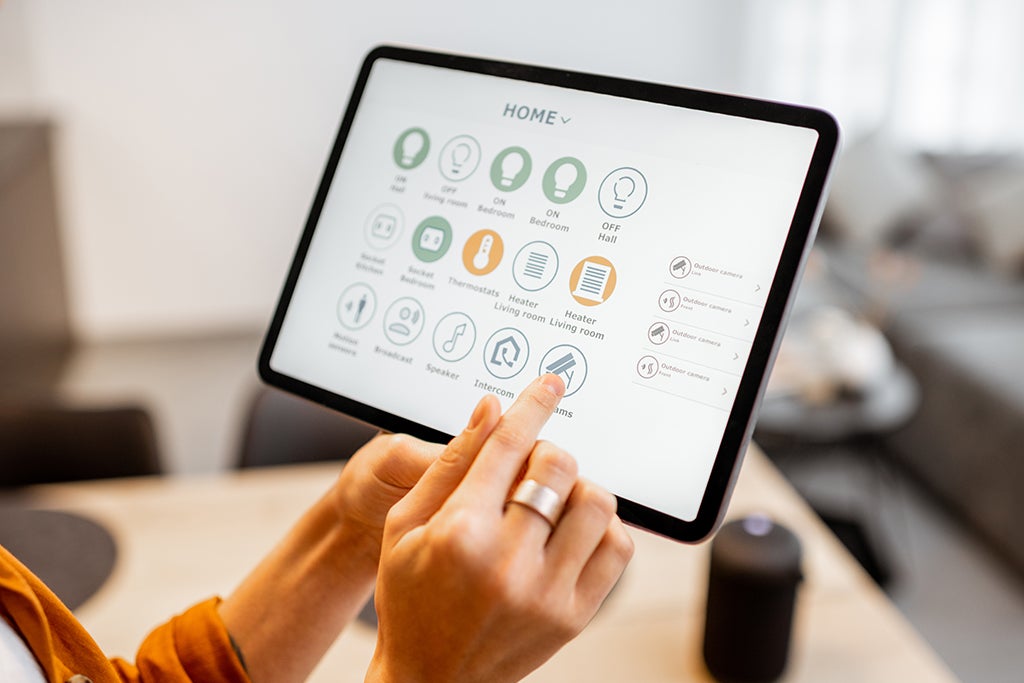Do a quick internet search on smart home technology and you will be bombarded with tons of links to articles discussing ‘the best smart home systems of 2025’ and other similar topics. You will not find much information about sensors unless you go looking for it specifically. That’s too bad, because sensors are the unsung heroes of the smart home world.
Without sensors, smart devices would not be smart at all. Device manufacturers depend on sensors to determine all sorts of things pertinent to device operation. A lack of sensors would make a device no different from its legacy counterpart. For instance, a smart light switch without a built-in sensor would be nothing more than an expensive manual wall switch.
The Basic Sensor
So, what is a sensor exactly? A sensor is any type of electronic device that measures something and then sends feedback to a centralized location. A good example is the glass break sensor Vivint Home Security offers with its home automation systems.
A glass break sensor constantly monitors the surrounding area for sound waves. Breaking glass generates sound waves had a certain frequency. When the sensor picks up such sound waves, it sends an alert to a centralized security hub.
Sensors can measure just about anything. In addition to sound, they can measure moisture, temperature, motion, radio waves, electrical fields, and on and on. A sensor essentially determines the current state of the environment. When that state is interrupted, the sensor triggers some sort of action.
Sensors in Home Automation
Sensors are utilized in all sorts of environments from manufacturing to traffic control to healthcare delivery. In a home automation setting, sensors are designed to improve efficiency, security, and convenience. Here are some examples to illustrate the point:
1. Heating and Cooling
A smart heating and cooling system consists of a smart thermostat and a number of sensors capable of detecting everything from ambient temperature to occupancy. Through its sensors, the system gathers data, data that can be used to automatically adjust programming. The result is a more efficient HVAC system that does not waste energy on unnecessary heating and cooling.
2. Interior and Exterior Lighting
Motion sensors can make both interior and exterior lighting more efficient. For example, installing motion sensors in a home’s bathroom guarantees that lights turn on automatically when someone enters. When that person leaves, the lights automatically turn off.
Sensors tied to exterior lights can turn them on and off based on time of day. Lights go on when the sun goes down. When the sun comes up, lights go off. It is pretty simple and straightforward.
3. Sensors and Voice Control
Sensors are even an important component of voice-controlled home automation. Consider smart light switches. They have an actuator capable of changing the state of the connected light by way of voice command. But a sensor is also required. The sensor determines the current state of the light in question.
A homeowner might issue a command to turn on a specific light. If the built-in sensor determines the light is already on, nothing will happen. But if the light is off, the sensor will trigger the built an actuator to turn the light on. Without a built-in sensor, the actuator would have to respond to any command, regardless of whether the light was on or off.
At the core of every smart home system are the sensors that keep track of what is going on. Sensors are the unsung heroes of the modern smart home. Without them, our homes would not be all that smart.

